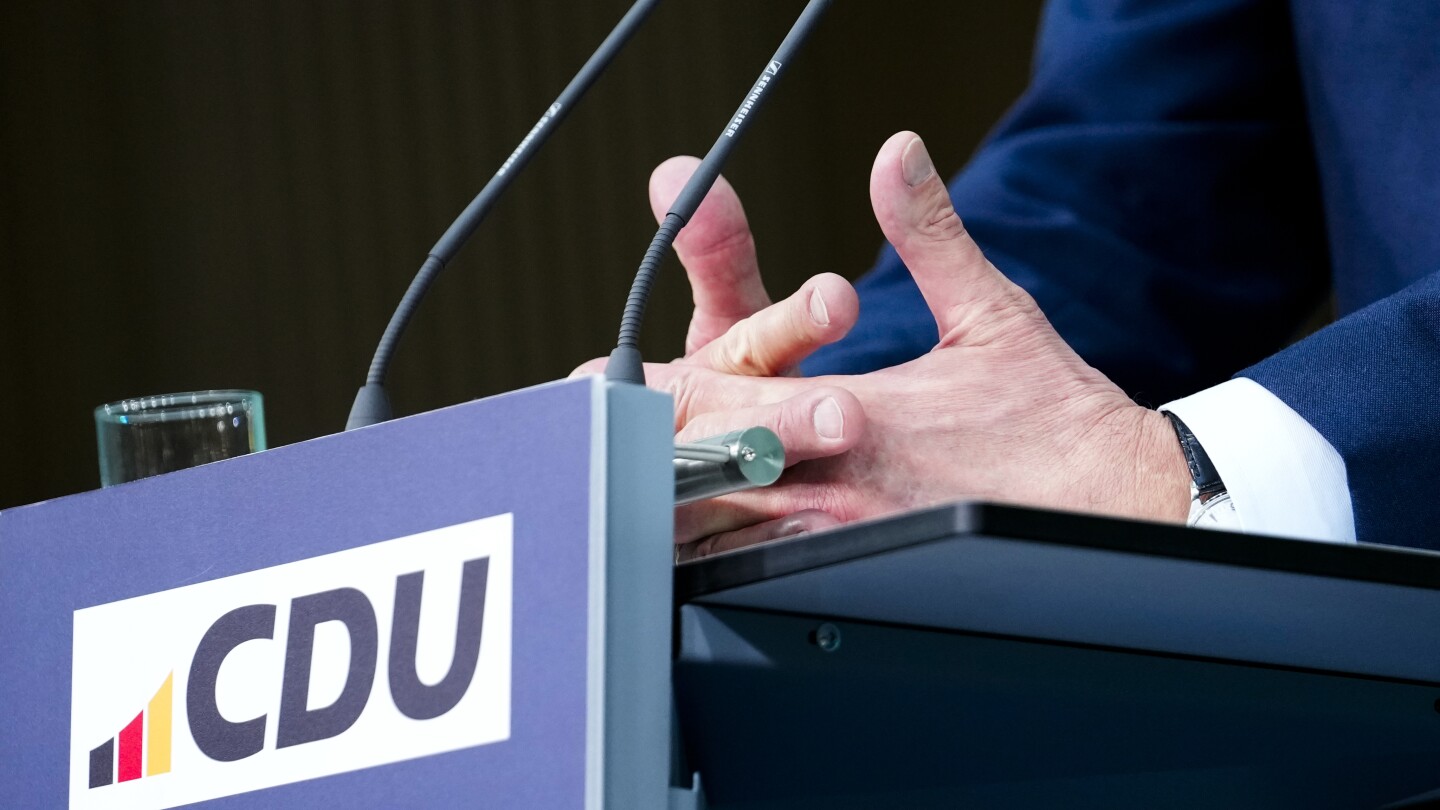Economic SOS: German Business Titans Demand Urgent Reform to Revive Faltering Growth

Germany stands at a critical economic crossroads, with business leaders growing increasingly impatient over the government's perceived lack of decisive action to revive the nation's stagnating economy. The upcoming national election has sparked renewed optimism, as a potential stable coalition between conservatives and center-left Social Democrats emerges as a promising path forward.
At the heart of these political discussions is Friedrich Merz, the center-right leader who is widely viewed as the most likely candidate to assume the role of chancellor. His potential leadership represents hope for many German businesses seeking economic revitalization and strategic policy reforms.
The anticipated two-party coalition signals a potential turning point for Germany, offering a glimmer of hope after years of economic uncertainty. Business communities are watching closely, anticipating that this new political alignment might finally break the current economic deadlock and introduce much-needed momentum to the country's financial landscape.
With expectations running high, the election could mark a significant moment of transformation for Germany's economic strategy and future prospects.
